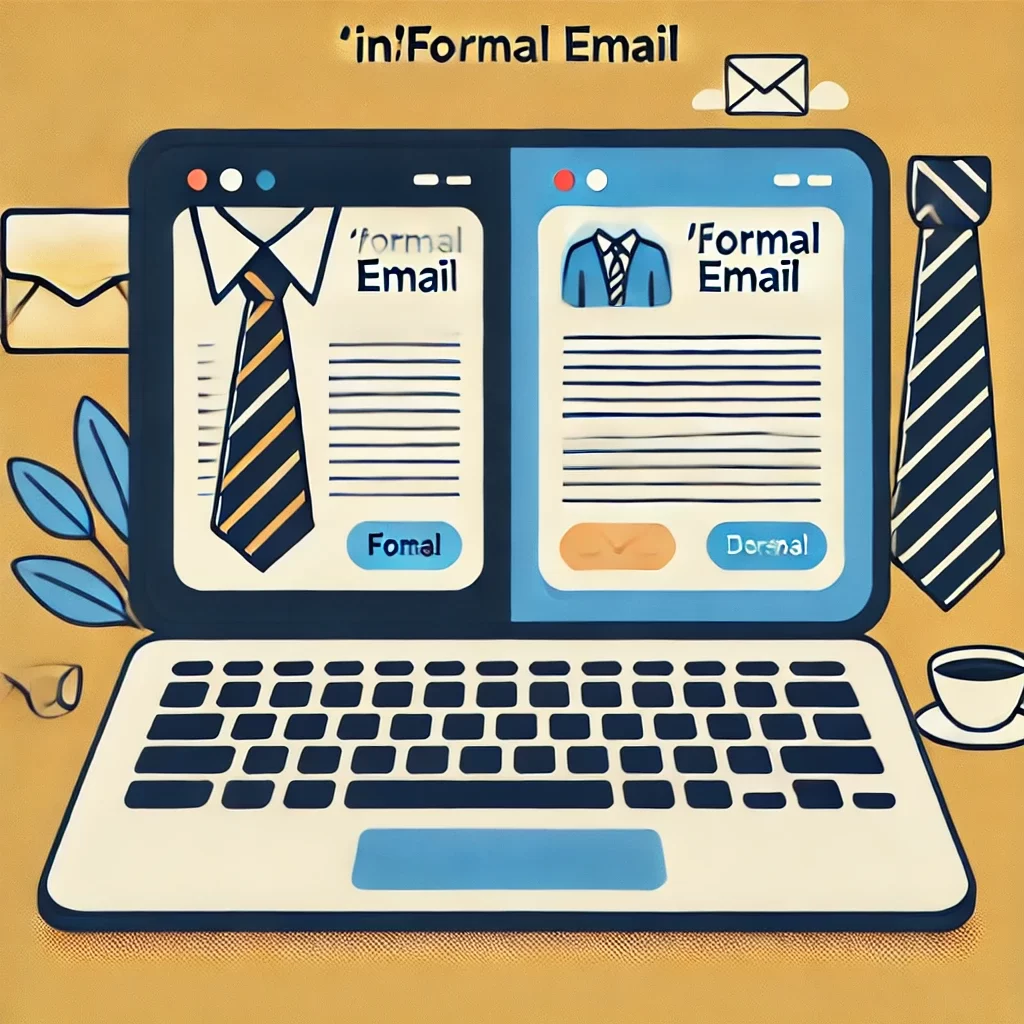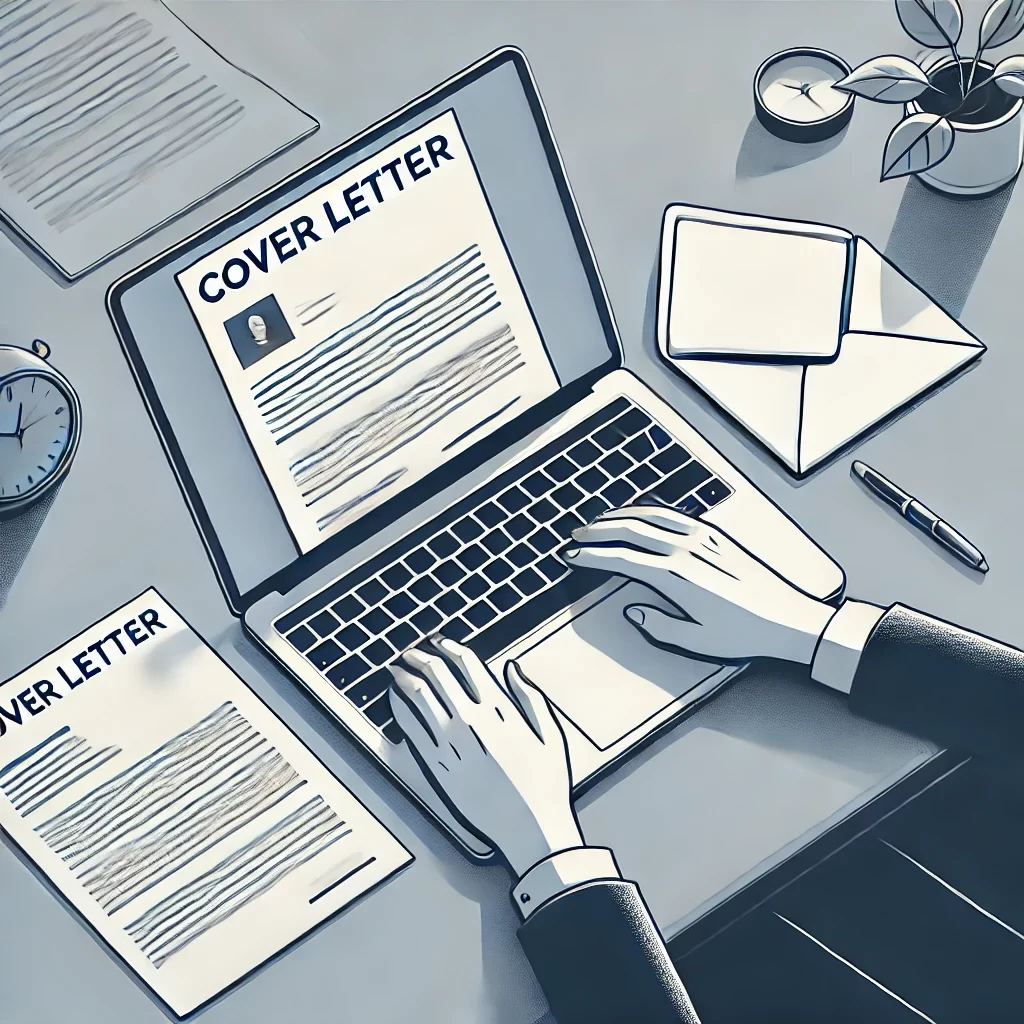Introduction
I made a very lovely ritual with the book Why We Sleep: Unlocking the Power of Sleep and Dreams written by neuroscientist Matthew Walker. I put the title on the shelf next to my bed, and I had been reading it every night before I had fallen asleep.
What did I know before reading it? That sleeping is wonderful.
What do I know now? If I don’t sleep 12 hours a day, I’ll probably get fat, lose fertility, get Alzheimer’s disease, lose friends, and die prematurely.
Well, let’s be serious now.
Review
In the beginning, I couldn’t find anything to complain about. The book was full of fun facts, stories and information. Data and studies supported all statements in it. The author always mentioned when, where and how the methodology in studies was designed, the limits of these studies etc. The problem came a few years after reading the book only when I came across an article by Alexey Guzey that set some of the information straight. At that time, it turned out that many of the dates cited were made up by the author and/or slightly altered to fit his narrative.
It’s a shame that the author made up and manipulated some of the dates because this was one of the best popular science books I’ve ever read before I found out about the information inaccuracy. I loved the book because it’s both sophisticated and full of information. At the same time, the book is not dull. It is written very readably. To explain some of the more complex biological processes, the author uses numerous amusing comparisons and gives examples from practice. The author is very good at explaining.
The book also paradoxically disturbed my sleep – I planned to read one subchapter every evening, but I often read and read and read – until I had less time to sleep than the author recommended. The book’s content had a significant impact on my life – every day, I spewed a lot of fun facts at my parents, which I had learned in the book the night before. I’m almost afraid that I’ve started acting like a maniac who claims that sleep can solve all humanity’s problems.
Fun facts
- Sleep helps to study – it prepares the brain in advance to absorb new information. The next night it can consolidate new knowledge and put it into context. At night, it forms various associations. If we need to solve a problem, it is better to sleep on them, because overnight our brain can find a solution on its own.
- The same goes for motor learning (e.g. playing the piano, riding a bike)
- Sleep fixes good memories and relieves trauma*, so if we are unhappy about something, sleep gradually dulls these feelings. It actually works as such an antidepressant.
- These effects apply to healthy individuals. There are many diseases in which some parts of the brain do not work.
- There is a disease in which sleep suddenly stops working entirely – and the individual is awake until his death. And since his brain cannot rest, he gradually forgets, loses the ability to move, think, perceive.
- Most people suffer from sleep deprivation and do not even know it. Human is the only creature on the planet who voluntarily undergoes this deprivation.
- Lack of sleep causes a higher risk of heart attack, and causes microsleep, which causes many people to die on the roads.
- Alcohol acts as a sedative. It does not put us to sleep, but it makes us unconscious – so even if we feel that we sleep well after drinking, the body and brain do not rest during “sleep” under the influence of alcohol and do not show the benefits mentioned above.
- The same goes for sleeping pills. In addition, they have a vicious circle – during the day, we are tired of them, so we drink coffee. The coffee kicks us, and we can’t sleep in the evening, so we take pills, which make us tired again.
- The appropriate temperature for the room in which we sleep is 18 degrees. If we have trouble falling asleep, a hot tub can help us – when we get out of it, the body cools down sharply, and thanks to the excluded dose of melatonin, we can easily fall asleep.
* Not in every situation, see Section 2 of Guzey’s article
How to sleep better
- The regularity – fall asleep/wake up at the same time every day.
- No alarm – if it’s possible, don’t use it and be natural.
- No alcohol 2 hours before sleep – The same goes for food.
- Power naps – the’re a miracle, but not more than 30 minutes per day!
- Blue light – do not look at your mobile phone or computer before going to bed. Alternatively, use a filter that suppresses blue light.
- The book instead of the phone – to replace mobile scrolling and internet browsing with book browsing 🙂
- Bed just for sleeping – you can let your body get used to the fact that it should sleep when it is in bed. And that the mattress is mainly for this purpose – and not for learning etc.
- No “big questions” – don’t solve them before sleep, leave problems for tomorrow.
- Be more receptive to yourself – find out how many hours you need, at what time you need to go to bed ideally, how much coffee affects you.
- Caffeine is evil – There is a whole deterrent chapter in the book 😀 Be generally careful with that coffee.
- Open the window – and try to sleep without the heating on. Cold is beneficial.
- If you have any long-term sleep problems, solve them – for example, with a doctor or psychologist.
Conclusion
It might be a bit controversial, but I would still recommend the book to people. The book changed my life because it made me more interested in sleep, more mindful, and more sensitive to my body in general. And even though I know today that there are many untruths in the book, it doesn’t change the fact that I take better care of my sleep.
So yes, read it, but ideally with the knowledge that the information is not accurate. Guzey’s article is a great complement and sets the information straight.


